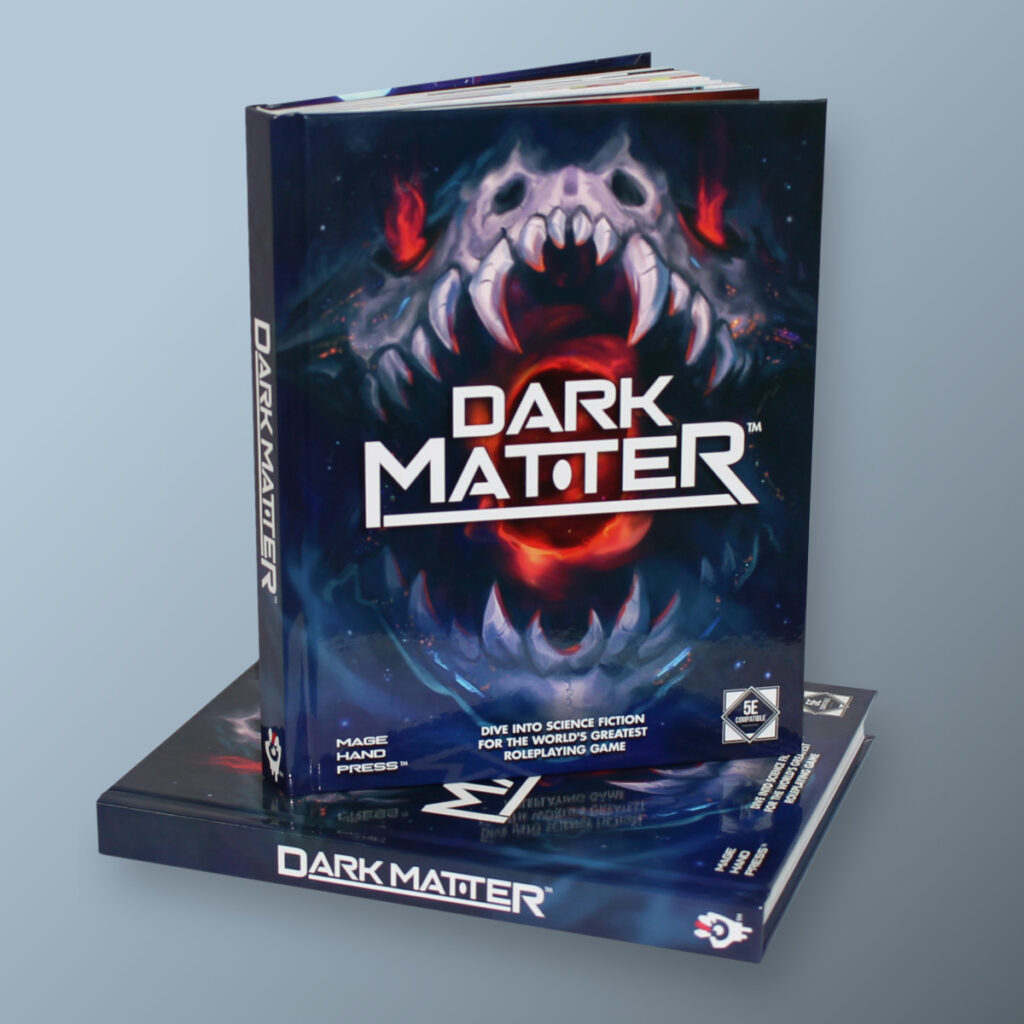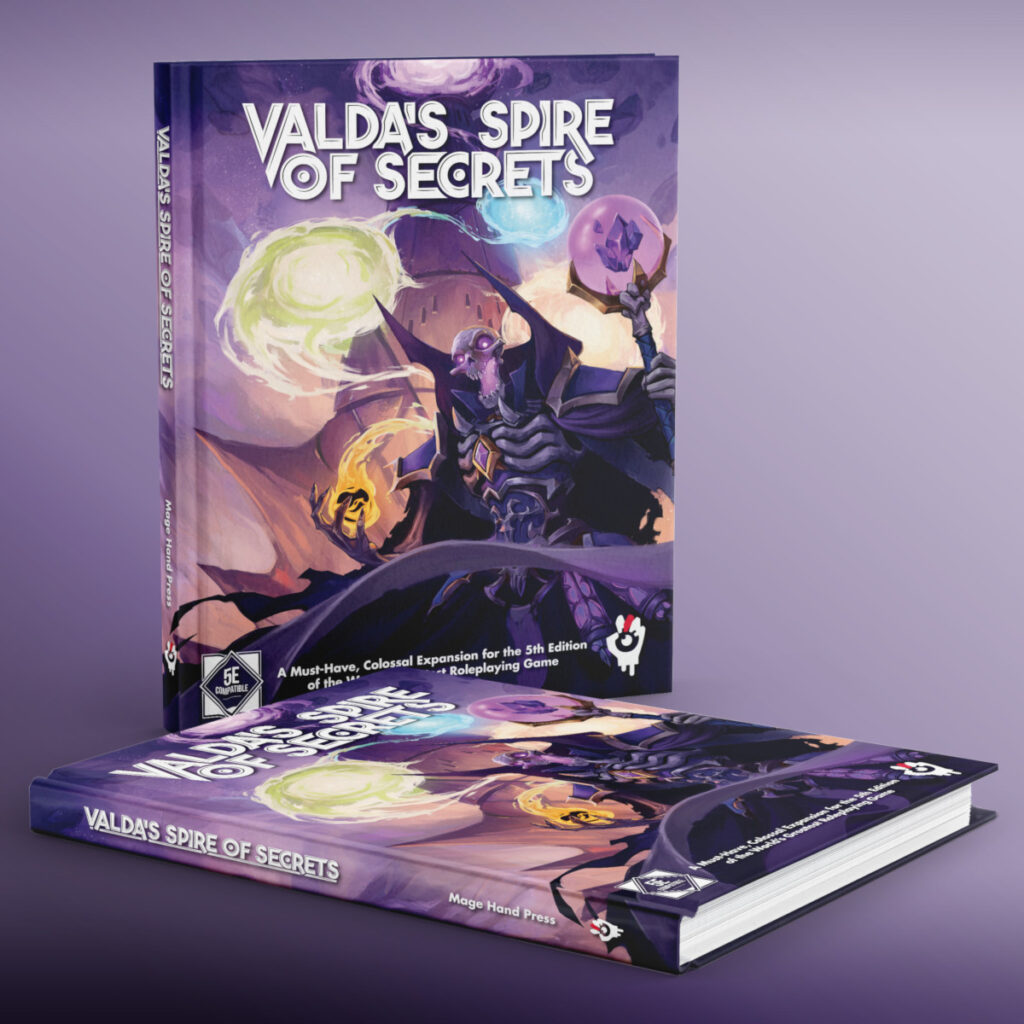Now that we’ve released the definitive version of the Alchemist on our Patreon, I think it’s important that we talk about the philosophy that went into its design. This way, if you ever decide to homebrew content for the alchemist yourself, you’ll have some insight into its inner workings before you begin.
Three Pillars
This class is largely based upon three separate pillars: bombs, discoveries, and potions. Each of these fulfill a separate area of the alchemists design and should be given careful consideration when modifying the class or adding new fields of study.
Bombs
Bombs are the alchemist’s bread and butter, and occupy a very important place in the action economy. The default type of bomb deals more damage than any bomb formulae, and requires only an action to use, whereas bomb formula all additionally require a bonus action, but grant bonus effects and varied damage types. In general, any modification to default bomb use, such as increased range, should also require a bonus action. This way, each turn an alchemist chooses to use a bomb, they have an interesting decision to make: should they sacrifice their bonus action to use the right bomb option for the occasion, or use their bonus action on something else, and trust in the default bomb’s higher damage? This decision making drives every one of the alchemist’s turns, and should factor heavily into your design decisions.
Because the formulae have no level prerequisites, their balance must be very finely tuned to ensure that they are all on a level playing field. The best way to balance more powerful formulae is to decrease their damage dice proportionally to how difficult it is to resist the new damage type, and how powerful the additional effects are. The lightning bomb, which deals lightning damage and robs targets of their reactions, deals d8 damage dice, while the smoke bomb, which gives you immense protection (especially from ranged attacks) for an action, deals no damage at all. Try to follow the standards set by previously written bombs if you’re having a hard time getting things to feel balanced. It might be that you need to remove some of the downsides or decrease the damage dice, if things feel too powerful.
Discoveries
Discoveries are occasional upgrades an alchemist receives, similar to a warlock’s Invocations, but rather than providing at-will spellcasting, these normally provide some new way of playing the class, or an expansion to one of the other tiers. These are crucial for providing options that cater to additional styles of play and should be roughly on par with the powers granted by feats, sans the ability score increase.
This is also where you’ll find many of the features which allow an alchemist to remove some of the downsides of the class. For example, Blast Coat protects you from you own bombs, and Detonation Theorem allows you to use Intelligence for attack rolls, so you can dump Dexterity entirely. Be careful which level you give these types of benefits out, and always ask if they would better fit with a particular field of study as a prerequisite.
Potions
Brewing potions is a feature that comes on surprisingly late for a class that’s all about alchemy, and that’s no accident. Because potions require no ability checks, no concentration, and no attunement, you can give them to anyone in your party and basically multiply their usefulness. Using a potion of growth yourself perhaps isn’t worth the wait until higher levels, nor is it worth spending your limited alchemy points, but if you slip it to the party barbarian before combat, you don’t even have to stop throwing bombs once you roll initiative for it to see use. That’s the power of potions: they’re actually the interaction tier.
You get some potion selection improvements in later levels, but your alchemy points are always pretty limited, and it’s crucial that you can’t save potions day-to-day. Having an nearly unlimited supply of healing items on hand alone might not make you invincible, but selling them en masse at every town you come across probably will. Keep a careful eye on what types of potions you make available, how many alchemy points they cost, and when you make them available.
Field of Study Outline
Glancing at the alchemist subclasses should reveal some common themes with the above tiers. There’s some variations in the structure of these subclasses, but the goal of supporting the different tiers of play should be a constant. Here’s an outline of how we craft Fields of Study:
3rd level: Bonus Proficiencies
These can basically be anything that supports the theme of the subclass that is no more powerful than a skill proficiency or two. This is a great place for a subclass-specific ribbon feature.
3rd level: Additional Formulae
This formulae should be specific to the subclass and completely exclusive to it. This motivates players to pick it at 3rd level, and also provides them with a very useful tool. Sometimes, you can get away with something other than a bomb formulae, but it should fill the same role of providing an additional bomb benefit for a bonus action.
7th level: Interaction/Exploration
This feature must give your alchemist some new means of exploring the environment or interacting with other creatures. If you give another damage-dealing feature at this level, you’ve made a mistake.
10th level: Bonus Potions
More or less set in stone, you need to give more potion options at this level to keep the alchemist on track for potion options. Keep things unified with the theme and be careful with high alchemy point costs, which should be reserved for later, if possible.
17th level: Capstone
Probably the most vague feature designation you’re going to get out of me, the capstone should be a feature which supports the theme and mechanical niche of the particular field of study. It’s okay to make this one powerful (though not game-breakingly so), since we’re getting very close to level 20.
– – –
As always, if you have any questions, DMing-related or otherwise, feel free to contact us at middlefingerofvecna@gmail.com. And of course, like us on Facebook, follow us on Twitter, and follow us on Patreon.



